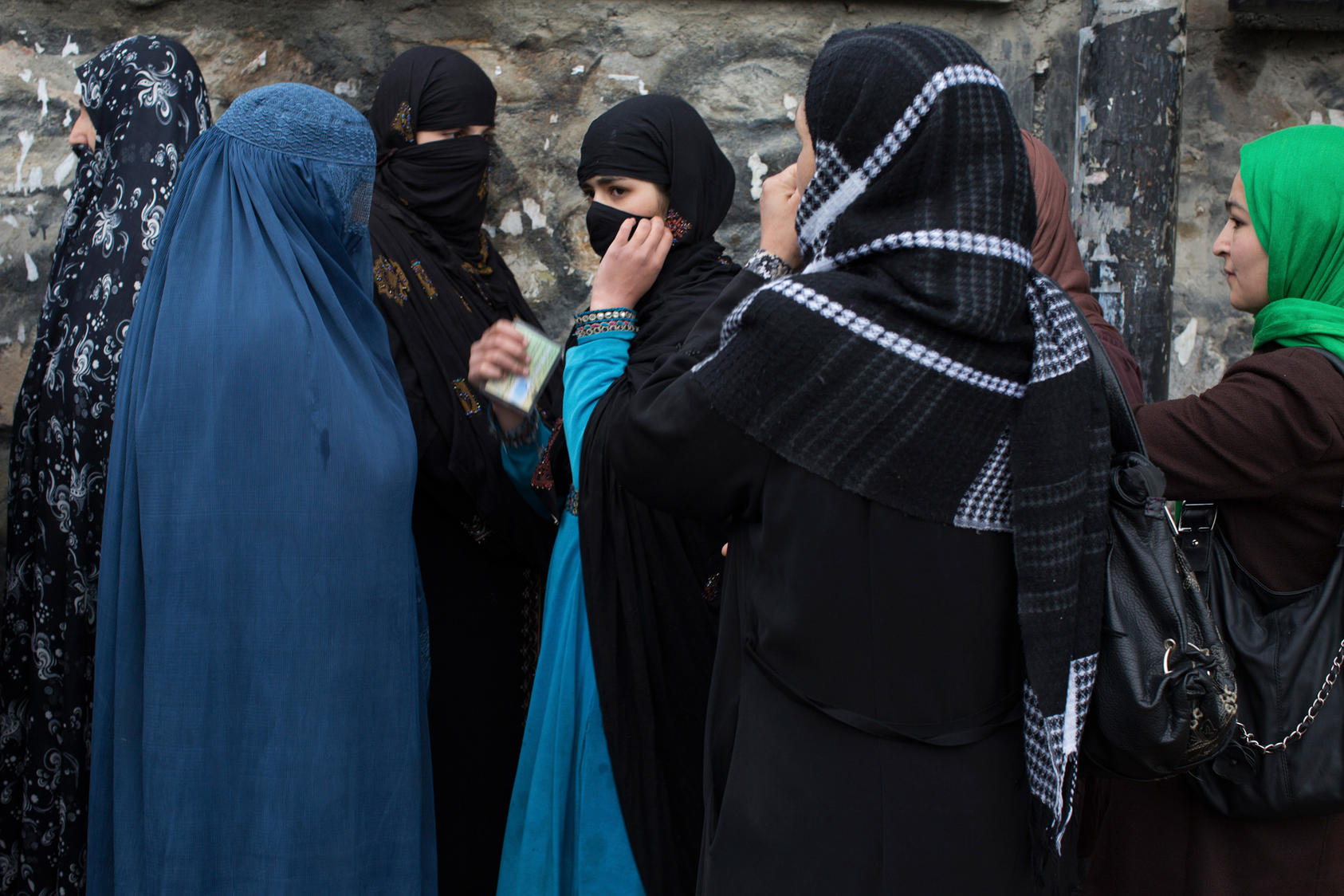The International Network to Promote the Rule of Law (INPROL) is an online community of practice that promotes coordination and collaboration in the rule of law field through research, innovation and support to experts and institutions operating in post-conflict and developing countries.

INPROL's Goals
The International Network to Promote Rule of Law aims to:
- Help Rule of Law practitioners and academics solve the problems they face in the field, and promote professional development and learning: Rule of law actors deepen their rule of law knowledge and skills through INPROL by:
- Accessing an extensive repository of over 2,100 rule of law resources in its Online Digital Library;
- Reviewing advice and input from their INPROL in the Online Discussion Forum;
- Accessing INPROL's knowledge products and applied research, such as its Research Memoranda that are drafted in response to queries posted on the Online Forums, or its Practitioners Guides, a publication series that distills best practices and approaches in key rule of law areas – available through the Digital Library;
Membership
INPROL's members are experienced international rule of law practitioners and academics. Applications are currently closed, but we appreciate your interest and invite you to check back on our website periodically for updates.




